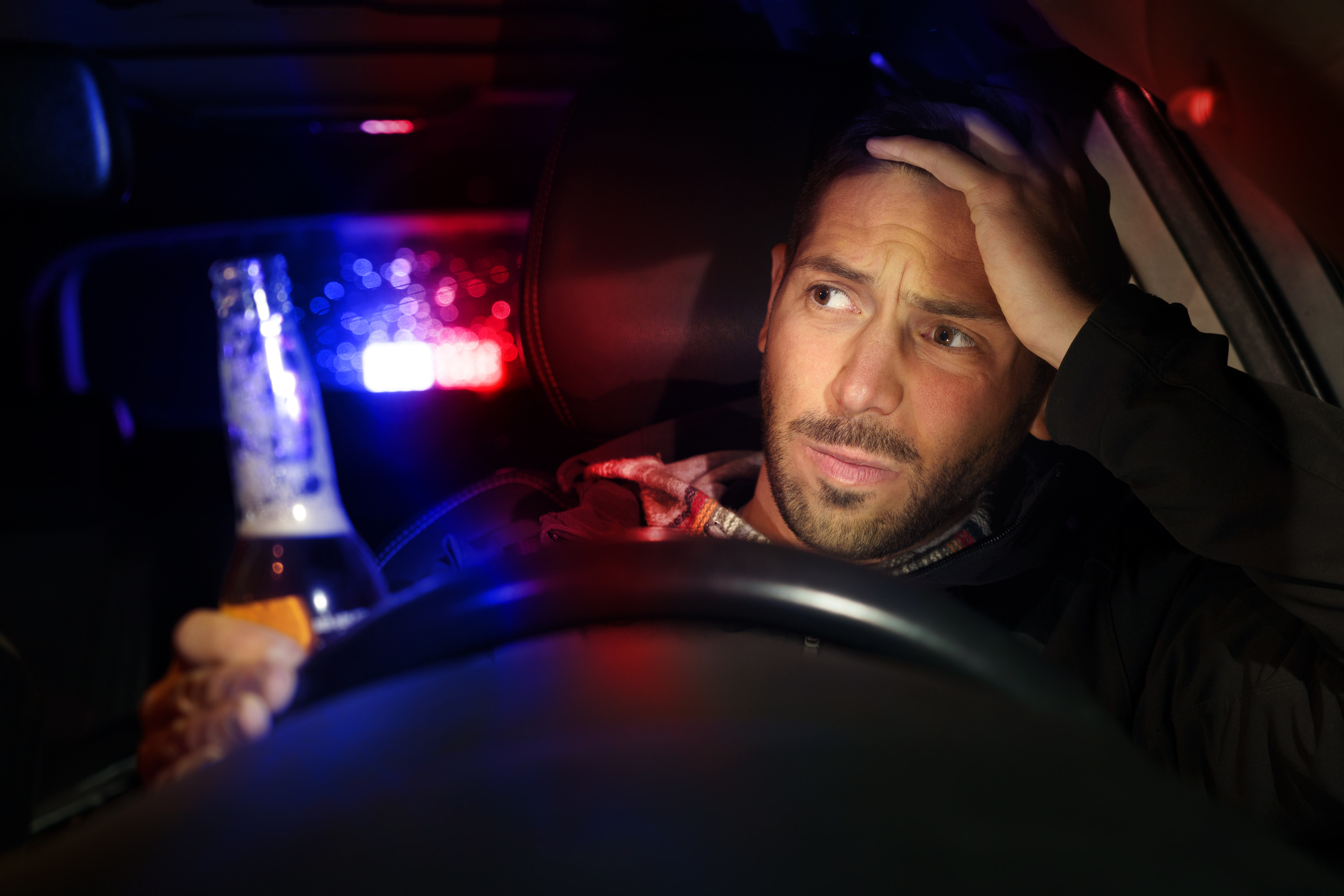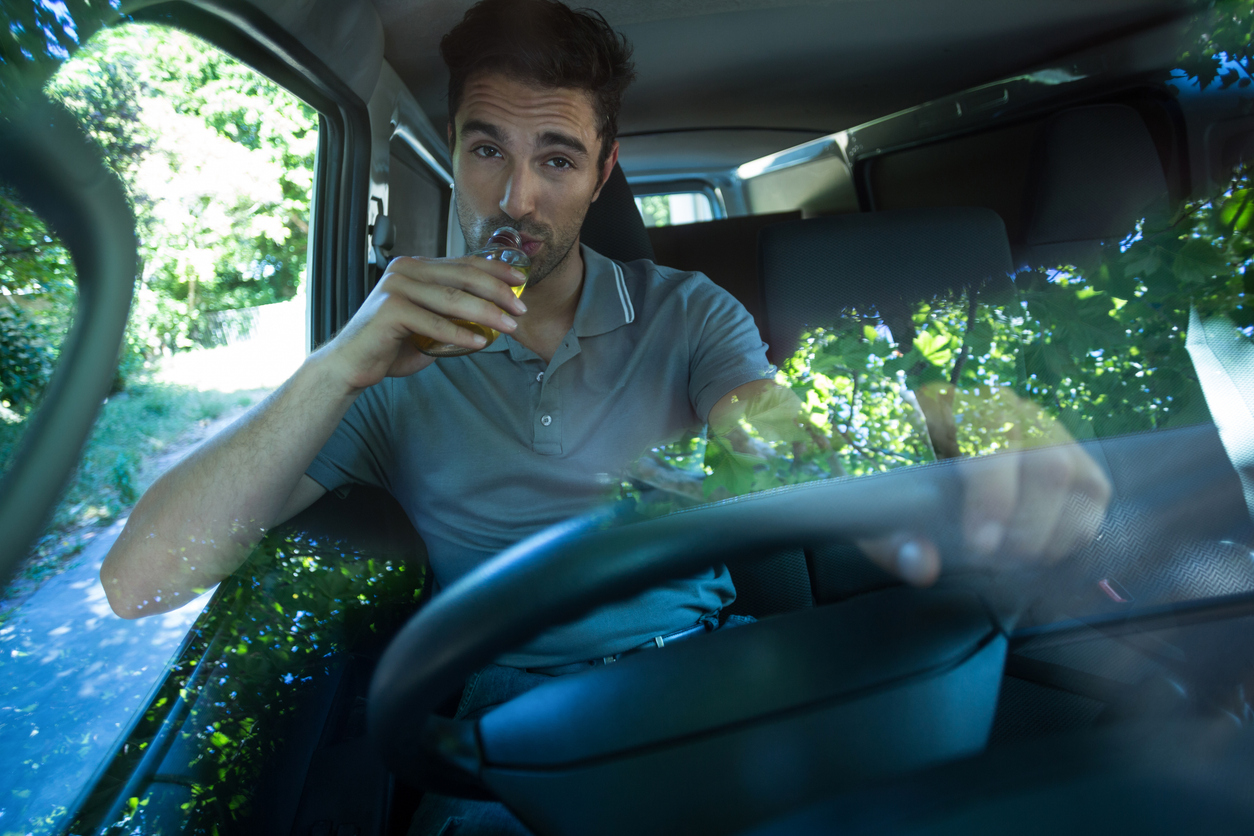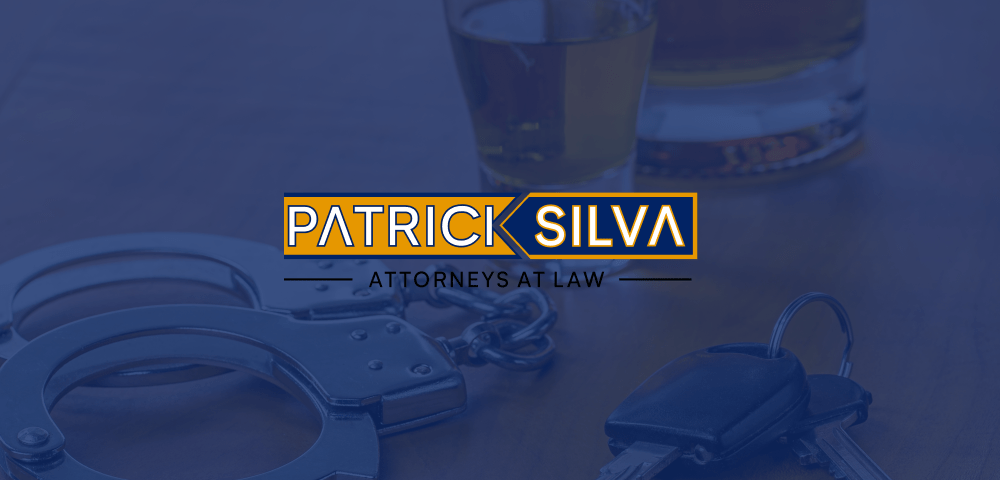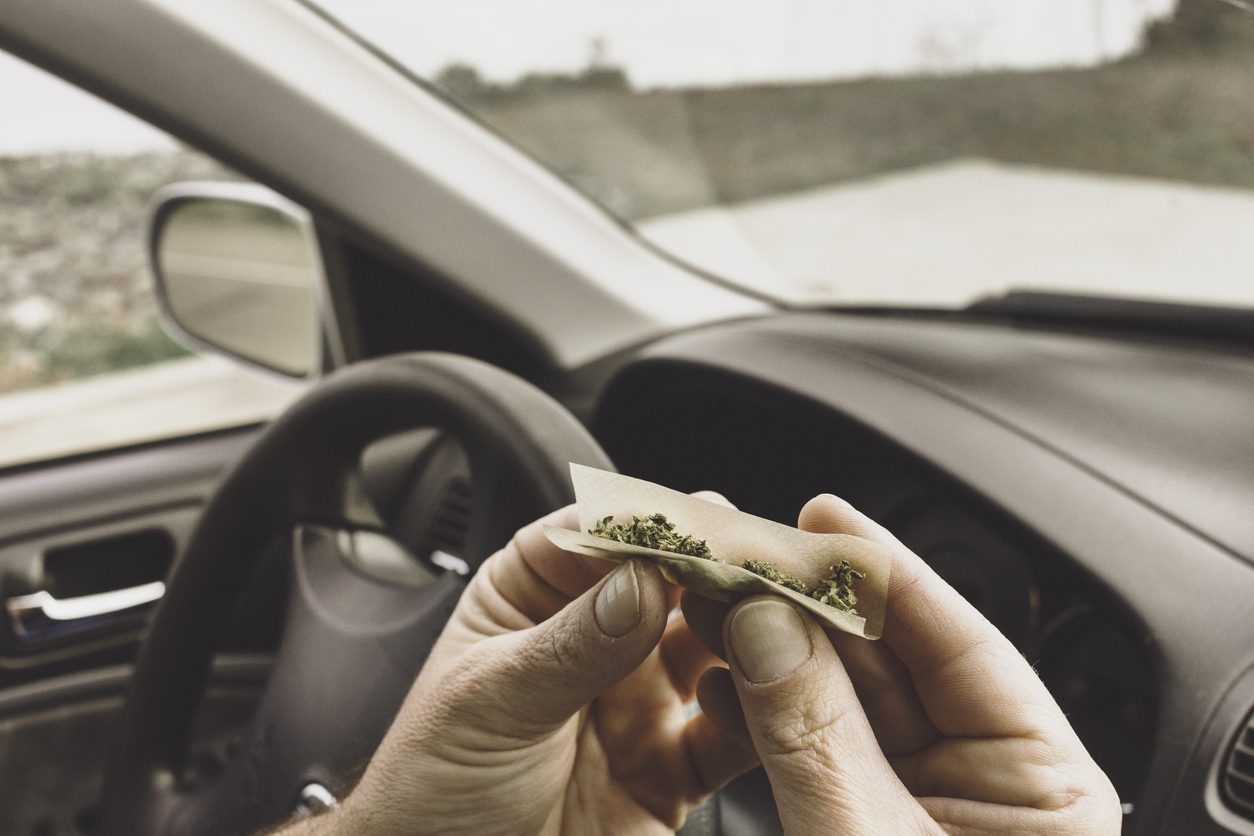What Are DUI Checkpoints and How Do They Relate to DUI Charges?
Even a first-offense DUI can lead to some pretty serious California DUI penalties. You may believe that you’re immune to a charge of driving while intoxicated, but a simple miscalculation with a drink while eating dinner out can bring you above legal BAC limits. Even if you aren’t driving like you’re intoxicated, if you happen upon a DUI checkpoint or get pulled over for a minor traffic violation while your BAC is high, you run the risk of being charged with DUI.
What Is a DUI Checkpoint?
A DUI checkpoint is an area set up by law enforcement for the purpose of stopping drivers to help combat drunk driving. At a DUI checkpoint, drivers must bring their vehicles to a complete stop and engage with officers. Often, law enforcement officers will ask to see your license, registration, and proof of insurance. During the interaction, they observe you and your vehicle. If they have any reason to believe you might be driving under the influence, they may request that you participate in a field sobriety test or breathalyzer test.
What Are Your Legal Rights at a DUI Checkpoint?
While California law allows DUI checkpoints, the checkpoints must be run according to specific rules. These rules help protect the rights and safety of people on the road. Some rules that govern DUI checkpoints include:
- Law enforcement can’t just set them up spontaneously—they must publicly advertise the fact that DUI checkpoints will be set up
- Checkpoints can’t be set up at unreasonable locations—the middle of a busy four-lane highway is typically not a safe location, for example
- Safety must be attended to, which means checkpoints that are run at night must include plenty of illumination that warns oncoming traffic of the coming obstacle
- You can’t be stopped for an unreasonable amount of time—unless officers suspect that you’re driving under the influence or have another legal reason to detain you, they can only keep you at the DUI checkpoint for the time it takes to ask a few questions, check your documents, and observe whether there might be any sign of impairment
- Law enforcement officers don’t have to stop every car going through the checkpoint, but they must use a random or neutral way of selecting cars to stop, such as stopping every fourth car, to avoid purposefully targeting specific vehicles
What to Expect at a DUI Checkpoint and How You Should Navigate One
Typically, you can expect most stops at DUI checkpoints to be brief. You will likely see officers wearing colorful or reflective vests for safety. They may use hand motions, lights, or flags to indicate that you should stop. You may need to pull over or might stop in the road, depending on how the checkpoint is set up. Always follow officer instructions to the best of your ability as you move through the checkpoint.
An officer will request that you roll down your window if you are stopped. They will ask you a few questions and request to see your license, registration, and insurance proof.
If an officer believes that you show signs of impairment, they may ask you to take a field sobriety test. This involves actions such as balancing on one foot or attempting to walk along a straight line. Officers might also ask you to undergo a breathalyzer test.
DUI Defense Options Following an Arrest at a DUI Checkpoint
If you fail a field sobriety test, have a BAC above the legal limit, or engage in activity that gives law enforcement officers a reason to strongly believe you have been driving while intoxicated, you may be arrested or charged with DUI at the checkpoint. While you have a right to refuse a breathalyzer test, doing so won’t necessarily keep you from a DUI charge. You may also lose your license for a year just for refusing the test.
If you are charged with a DUI-related crime after going through a checkpoint, contact a DUI attorney for help in contesting the charges. Some potential defense strategies can include:
- Challenging the legality of the checkpoint and traffic stop. If you can show that the checkpoint was not managed according to the law, the entire traffic stop is called into question.
- Challenging the field sobriety or breathalyzer test. These tests must be administered in a specific manner. Demonstrating that law enforcement officers didn’t follow required protocol, that equipment was not well maintained or calibrated, or that any other error occurred during the test can help you get this type of evidence thrown out.
- Demonstrating another reason for a seemingly high BAC level. Medical conditions, medication, and some other situations can lead to high BAC levels even if you didn’t drink any alcohol.
Contact a DUI Defense Attorney Today
The type of defense strategy that may be best in your case depends on a variety of factors. An experienced DUI attorney can review the facts of your case and make specific suggestions about how to move forward after you’ve been charged with a DUI. Whether your charge originated at a DUI checkpoint or via some other series of events, call an attorney as soon as possible to start working on your defense. You can reach us at Patrick Silva, Attorneys at Law, by calling 909-500-4819.




